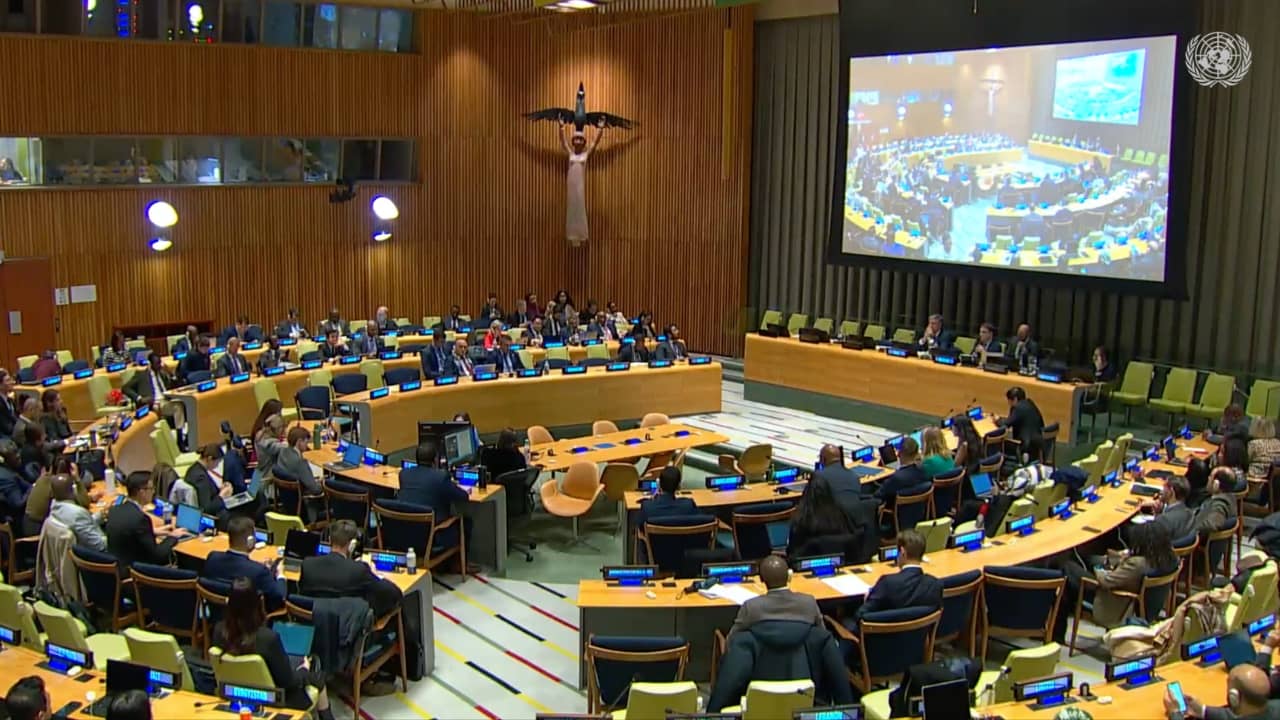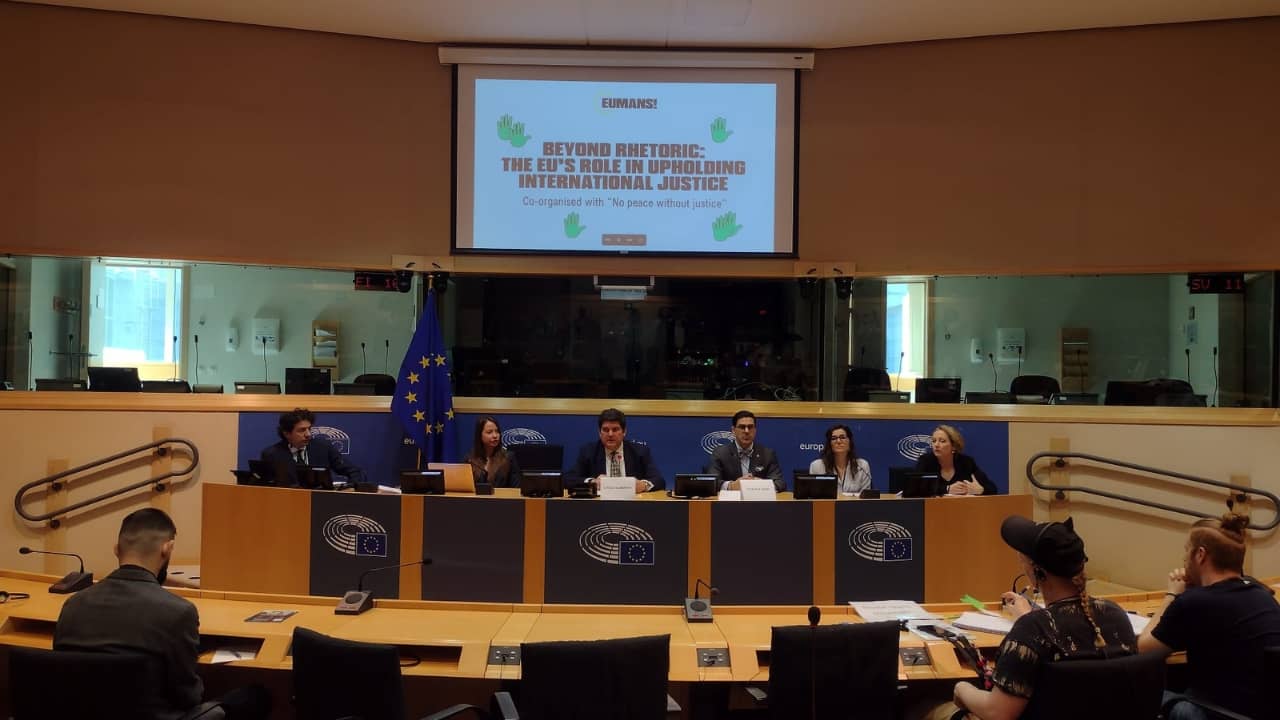
On 22 November 2024, the Sixth Committee of the United Nations unanimously approved the “United Nations Conference of Plenipotentiaries on Prevention and Punishment of Crimes against Humanity”. This paves the way towards the adoption of the legally binding instrument which provides a clear, universal legal framework for defining, preventing, and punishing crimes against humanity, reinforcing the commitment to ensuring justice for victims of these grave crimes.
PGA strongly welcomes the consensus reached by all delegations, viewing it as a historic step forward in the fight against impunity. Despite challenges faced during the negotiation process, the draft resolution reflects a global determination and commitment by member states to uphold international law and combat impunity collectively. Once adopted, the Convention will complement the Rome Statute of the International Criminal Court (ICC) and strengthen the overall international justice framework through ensuring a broader global accountability through domestic legal systems. Its adoption will address the gap in the international legal framework as, up to date, there is no international treaty focused on the prevention and punishment of crimes against humanity.
Looking ahead, the next steps will involve formal negotiations by UN Member States toward the adoption and implementation of an international convention to prevent and punish crimes against humanity. The Resolution sets a timeline for the negotiations, starting in 2026 and culminating in the meeting of the UN Conference of Plenipotentiaries on Prevention and Punishment of Crimes against Humanity at UN Headquarters in New York for three consecutive weeks in both early 2027 and 2028, to elaborate and conclude a legally binding instrument on prevention and punishment of crimes against humanity.

A future Convention on Crimes Against Humanity will ensure a future where accountability is not merely an ideal but a reality. We warmly welcome the progress made so far, and we must continue striving for the adoption of the convention that will close the justice gap for victims and survivors of crimes under international law and especially advance protection against gender-based crimes.
Senator Boris Dittrich, Member of the Senate of the Netherlands
To facilitate the realization of this international treaty, PGA encourages parliamentarians to actively engage their government in upcoming preparations and discussions to ensure that the Convention will gain broad support and acceptance from the global community. This will help to conclude a comprehensive legal framework to bring perpetrators of crimes against humanity to justice.




